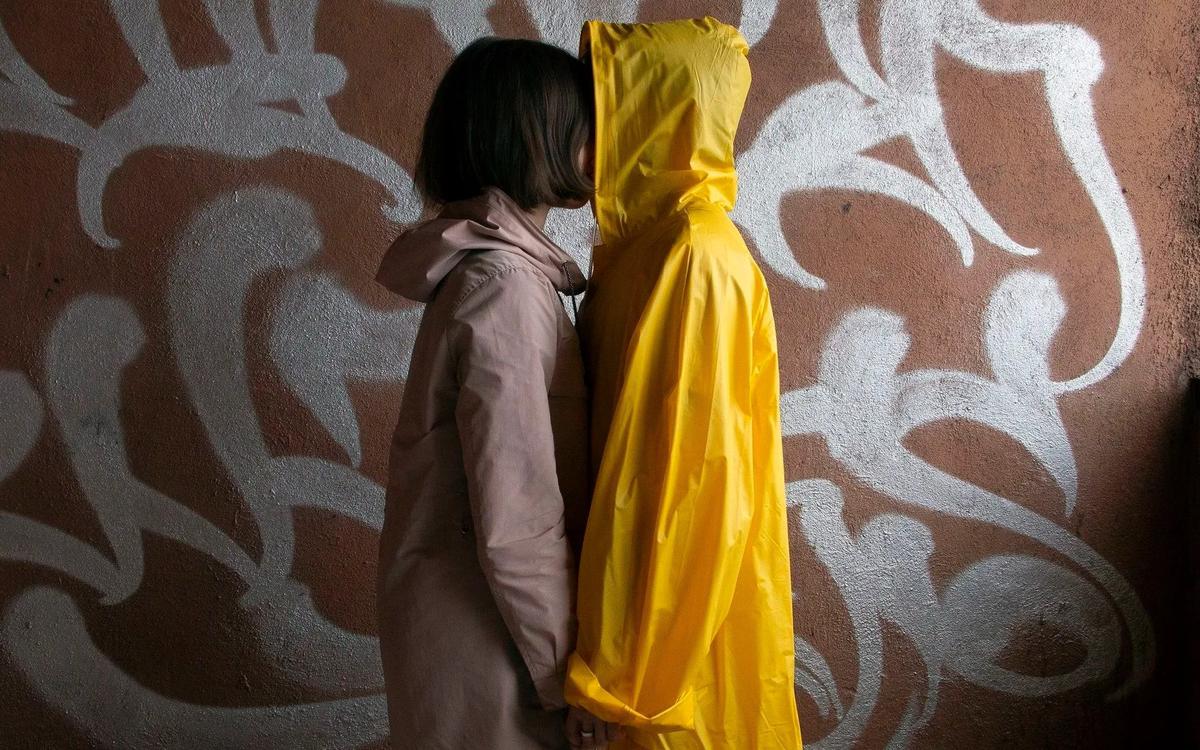This Week’s Highlights
Russian propaganda wants you to believe that opposition leader Alexei Navalny wasn’t poisoned with the Soviet-era nerve agent Novichok — we fact-checked these claims for you; facing an unprecedented assault on their constitutional and internationally-guaranteed rights, Russian transgender population decided to speak out; plus, we talk to queer Russians who are forced to run for their lives aborad, but are now blocked from seeking refuge.
Want to get the full story? Click the links below for full-length articles in Russian.
Novichok Developments, Explained
Russian state media keeps amplifying Leonid Rink, one of the alleged creators of Novichok. He argues that there is no way that Alexei Navalny was poisoned with the Soviet-era nerve agent and suffered from pancreatitis instead. We fact-checked both the claim and the person spreading it.
CREDIBLE MUCH?Several years ago, Professor Rink gained widespread attention when he publicly claimed to have helped create the nerve agent Novichok. He told Russian state media that the substance was a key component of his doctoral dissertation. And the chemist is undoubtedly no stranger to the poison. During the investigation into the 1995 death of a Russian businessman Ivan Kivelidi, he confessed to having sold Novichok to a criminal gang for $1,500. Nevertheless, he was never convicted.
DOCTORS CALL BS.Acute pancreatitis does not occur in just a few minutes or seconds. It takes place over time, doctors told us. What's more, it is usually caused by a toxin like alcohol. People do not just fall into a coma for several days from acute pancreatitis.
"Pancreatic enzymes increase when you have pancreatitis, but no one mentioned an increase in the blood tests in Navalny's case. This has nothing to do with pancreatitis. That's complete nonsense," Navalny’s doctor Yaroslav Ashikhmin told us.
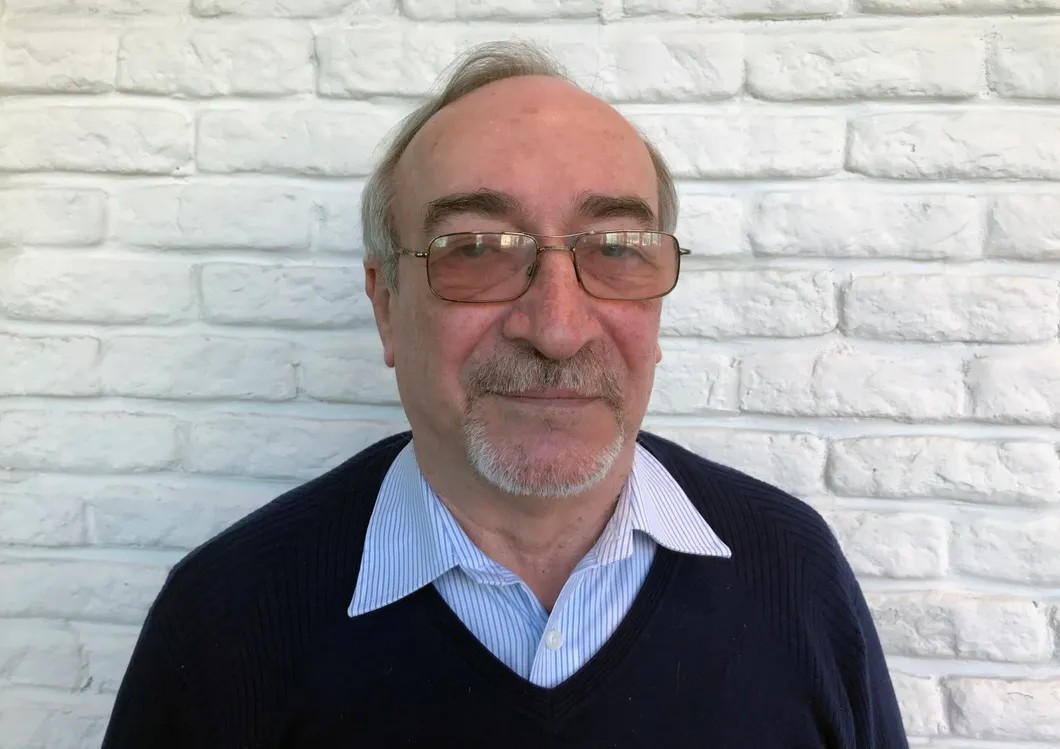
NOVICHOK OR NOT NOVICHOK.Meanwhile, traces of Novichok can vanish in just a few days. German doctors say that they found traces of Novichok's effects while examining Navalny. Russian doctors, however, said that they did not discover a toxic substance. But those two statements are not necessarily contradictory. Traces of the substance may have disappeared, but the effects linger on.
BACKSTORY.Novichok was first invented in the 1980s, and it has a slightly different composition from other nerve agents like Sarin gas and the nerve agent Soman. Some versions of Novichok, like the kind used on Sergei Skripal and his daughter in England two years ago, also have fluorine. You just need a small dose of Novichok, between 1 and 2 milligrams, for it to be lethal. And that's true of every version of the nerve agent.
Read our in-depth interview with Navalny’s Doctor Yaroslav Ashikhmin on what acute pancreatitis looks like and how it differs from Navalny’s symptoms here, and read our story about Leonid Rink here.
Transgender Russians Are Under Attack
Transgender Russians could see their lives radically altered if the anti-LGTB “Traditional Values” bill passes the Duma this fall. The bill would effectively eliminate the legal recognition of transgender people in Russia and make life infinitely more difficult for them. In a special project this week, our Svetlana Vidanova profiles families of transgender Russians who could see their marriages annulled, and banned and their legal identities erased.
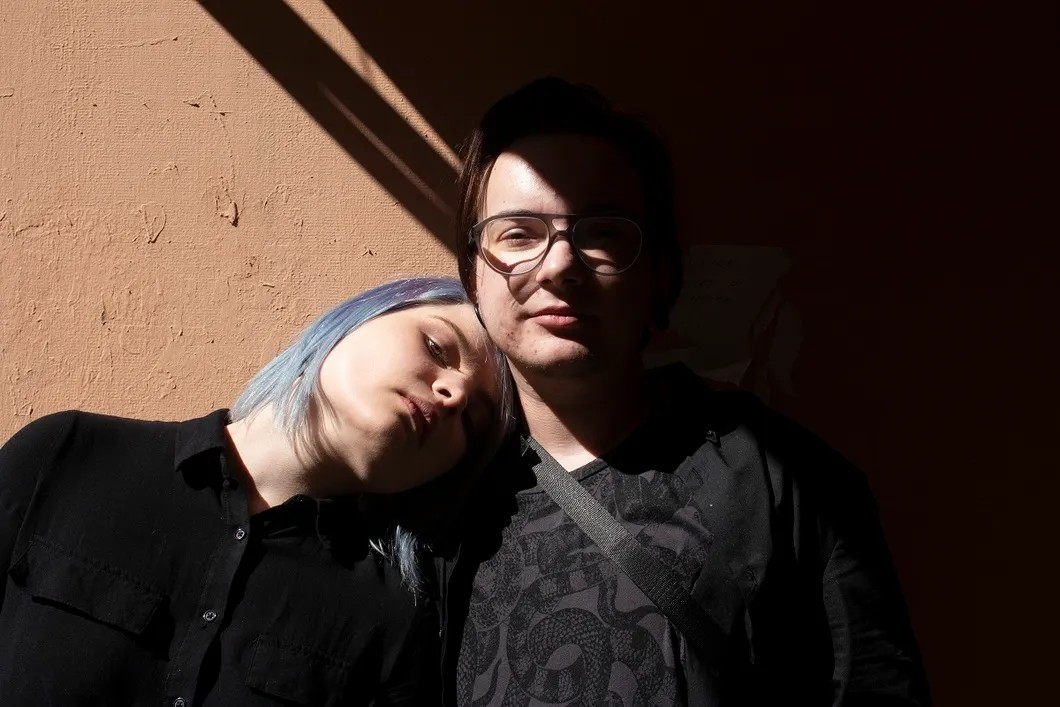
MISHA AND POLINA. 'We met at work. When I saw Misha for the first time, he looked like a boy, and I didn't know that he was a trans boy. I looked at a person, and I just saw a person,' says Polina. 'Six months later, Misha proposed. We've been together for a year and a half, but it feels like we've known each other our whole lives.'
'I'VE ALWAYS FELT LIKE A BOY,Misha explains. I never liked dresses. When I was 13, and my breasts started to grow, I would wrap them up to hide any evidence that I was a girl. Sometime between the ages of 16 and 18, I learned about what it meant to be transgender, and I realized that I was a trans boy.' Misha is lucky because he has a boss, friends, and a supportive mother, all of whom accepted his transition. But for Paulina, things weren't so simple. Her parents disapprove of the marriage. Now Paulina is closer to Misha's mother than to her own.
‘If this bill passes we won’t be allowed to adopt a child, and if we decide to do IVF they could take our child away from us,‘ Paulina explains.
HERMANN AND ULYANA.They met the way many young couples meet today: through an app. ‘I saw a picture of Ulyana, and I thought she’s pretty. So I put a heart on her photo, and I quickly closed down the app. Literally, three minutes later, she wrote to me first. You’re cute, she said.’ That was six years ago. Around two years ago, Hermann began his transition. The beginning of the process was difficult — people kept misgendering him. Ulyana stepped in to help and went to buy all of the things you need to show an ID to buy, like cigarettes and alcohol. Now, however, everything feels easier. The couple can walk, hold hands, and kiss in public.
‘We haven’t had a chance to get married yet, and if they take that opportunity away from us, we will survive. But they’ll be taking an important part of life away,’ Hermann explains.
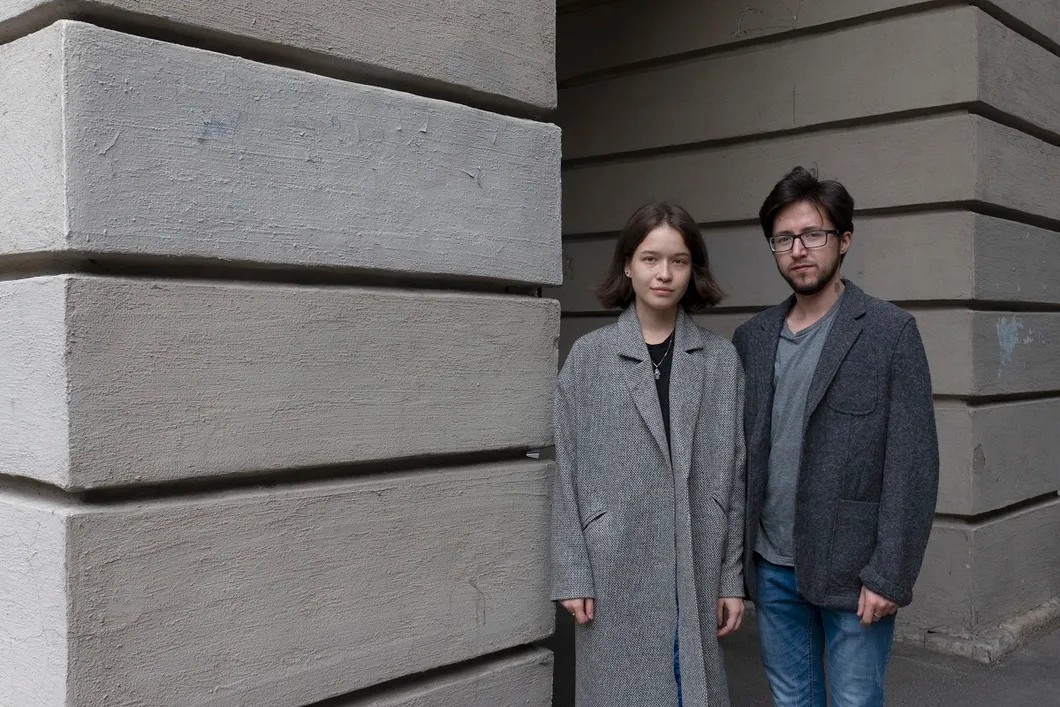
Поддержите
нашу работу!
Нажимая кнопку «Стать соучастником»,
я принимаю условия и подтверждаю свое гражданство РФ
Если у вас есть вопросы, пишите [email protected] или звоните:
+7 (929) 612-03-68
AS IF GETTING LEGAL RECOGNITION WASN’T HARD ENOUGH FOR TRANS RUSSIANS. Suppose you want to correct the gender marker on your birth certificate in Russia. In that case, you have to undergo a psychiatric evaluation and be diagnosed with “transsexualism.” Then you have to obtain a medical certificate confirming that you underwent hormonal therapy or gender confirmation surgery. After that, you have to apply to amend your birth certificate and get a new passport. The whole process can take many months and cost thousands of dollars.
BACKSTORY. The ‘erase trans lives’ bill would force everyone who corrected gender markers in their IDs to change it back. But the bill doesn’t specify whether people would have to obtain a new passport. There are questions about how it would affect retirement or whether a transgender person’s marriage would still be considered legal in Russia. In this country, same-sex marriage is banned. And what about families that adopted a child? There are still many open questions, and the Russian trans community is fighting the draft law fiercely.
Read our overview of the bill and the situation that transgender people in Russia are facing here.
Queer Russians Are Blocked From Seeking Refuge
Being queer has never been easy in Russia. Still, due to government policies, things have escalated badly in the recent decade. A flow of LGBT+ refugees from the country would keep rising, especially after recent pogroms in the Southern Russian region of Chechnya. But the pandemic robbed the Russian queer refugees of their ultimate escape option. In a mini-doc by our Victoria Oddissonova, this week, we feature the untold stories of LGBT+ folks who got blocked by closed borders from seeking refuge abroad.
MEET NIKA.'I am 34 years old. I want to live, at last. I am so tired of just surviving, says Nika as she stares into space. A few years ago, Nika started to lose her vision. Doctors said that it was probably hereditary, but Nika believes that she began to lose her sight after being severely beaten in 2017. 'I was outside smoking and waiting for my boyfriend, Nika explains. Three men approached me and asked me for a cigarette. Then they wanted to know my name. Then one of them said, "Oh, you're not a girl, you're a f****t." Then she was beaten so severely that she still has scars on her forehead.
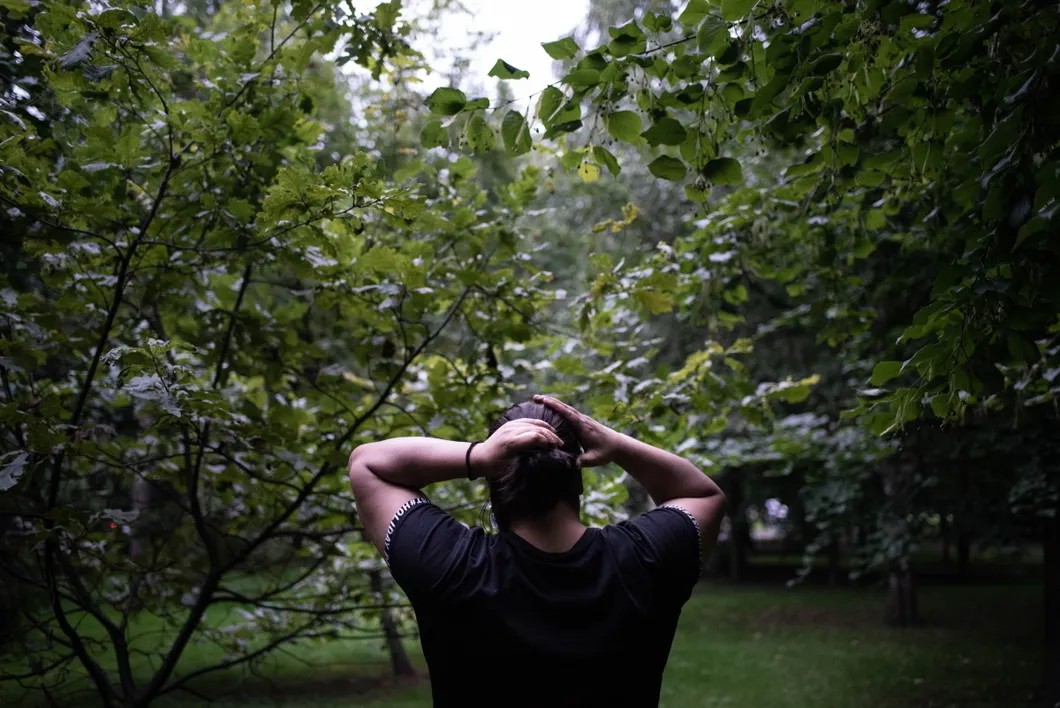
TRAPPED.Nikka is a transgender woman and a running for her life. She is originally from Southern Russia, and due to the borders being closed by the pandemic restrictions, she is unable to leave Russia. Nika has been living in a shelter for the past three years, and she's so afraid for her safety that she rarely leaves it. She is hiding from family members who want to kill her for being a transgender woman. Her story is not unique.
ESCAPE PLANS COLLAPSED. 'The Russian LGBT Network,' the country's largest queer rights organization, helped evacuate almost 200 LGBT+ Russians abroad in recent three years. The pandemic and closed borders have halted the process. Making any plans for your future is now impossible for asylum seekers from Russia.
'Now we all have a chance, in a way, to experience what a life of an asylum seeker is like,' says Veronika Lapina of the LGBT Network. 'A constant suspension and transition state where your future is a hostage to the situation. When you have no idea what to expect next.'
FUTURE, CANCELED.'I want to become a medical worker. I don't know when I'll leave the country, but I just want to have something of my own. A job and a loving partner who could fill the hole left by all the relatives and friends who disappointed me,' Nika tells us. As Russia's COVID-19 situation remains dire and the country stays isolated because of it, she has zero idea if she will ever get her life back.
BACKSTORY.LGBT+ rights in Russia have been deteriorating for years now. In 2013, the country passed an anti "gay propaganda" law, which banned exposing minors to LGBT+ materials. Officials have also been turning a blind eye to the brutal torture and killings of LGBT+ people in the country, including the anti-gay purges in Chechnya, which our reporter Yelena Milashina exposed in 2017. On top of that, recent power-grabbing constitutional changes enacted by President Putin were enveloped into further LGBT+ scapegoating — a ban on marriage equality and cancelation of legal identity for transgender citizens.
Read our story about the LGTB people trapped in limbo here.
Other Top-Stories Russia Has Been Reading
- PUTIN’S BODYGUARD WAS POISONED:This week our most-read piece looked into long Russian history with high-profile poisonings. The case of Russian defector Alexander Litvinenko is perhaps the most well-known, and the death from the poisoning of Novaya Gazeta journalist Yuri Shchekochikhin still hasn’t been investigated. But one poisoning that has received renewed attention recently is the case of Roman Tsepov, Putin’s bodyguard. Tsepov was initially involved with a security firm in St. Petersburg that provided protection to then-Deputy Mayor Putin and the family of St. Petersburg’s late Mayor Anatoly Sobchak. He also provided security to casinos and crime bosses in the city. He was well-connected in the criminal underworld. In 2004, he died suddenly from an overdose of a Leukemia drug. We still don’t know who was behind the poisoning.
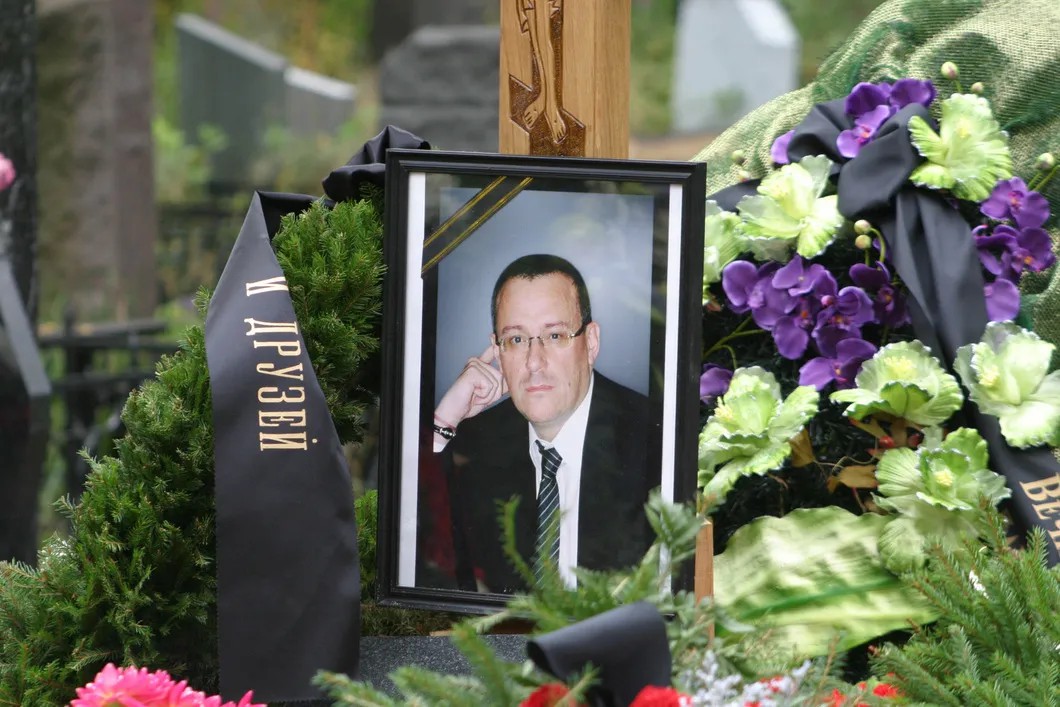
- RUSSIA’s COVID VACCINE:Another widely-read story looks into the fishy background of the COVID-19 vaccine development. On August 11, President Vladimir Putin announced that Russia officially has it. The vaccine allegedly creates immunity and has no severe side effects. Putin’s daughter took it, Moldova’s President took it, the Prime Minister of Belarus took it. Even Moscow’s Mayor was given the vaccine, named Sputnik 5, to honor Russia’s achievements in space. But the Gamaleya Institute, where the vaccine was developed, hasn’t published any research yet, and the vaccine hasn’t undergone phase three trials needed to determine its efficacy. In fact, only 38 volunteers have taken the Russian vaccine so far. Navaya Gazeta analyzed the Russian government’s drug purchases and found that over 1 billion rubles have already been spent on ineffective drugs since the beginning of the year. Meanwhile, an ineffective vaccine won’t reduce the need for a strict quarantine or bring back the economy, experts argue.
Thanks for reading!To keep up with Novaya Gazeta’s reporting throughout the week, you can follow us on Facebook, Twitter, Instagram, and Telegram. Our video content is available on Youtube and don’t forget to visit our website for the latest stories in Russian.
— The Novaya Gazeta Team
Поддержите
нашу работу!
Нажимая кнопку «Стать соучастником»,
я принимаю условия и подтверждаю свое гражданство РФ
Если у вас есть вопросы, пишите [email protected] или звоните:
+7 (929) 612-03-68
